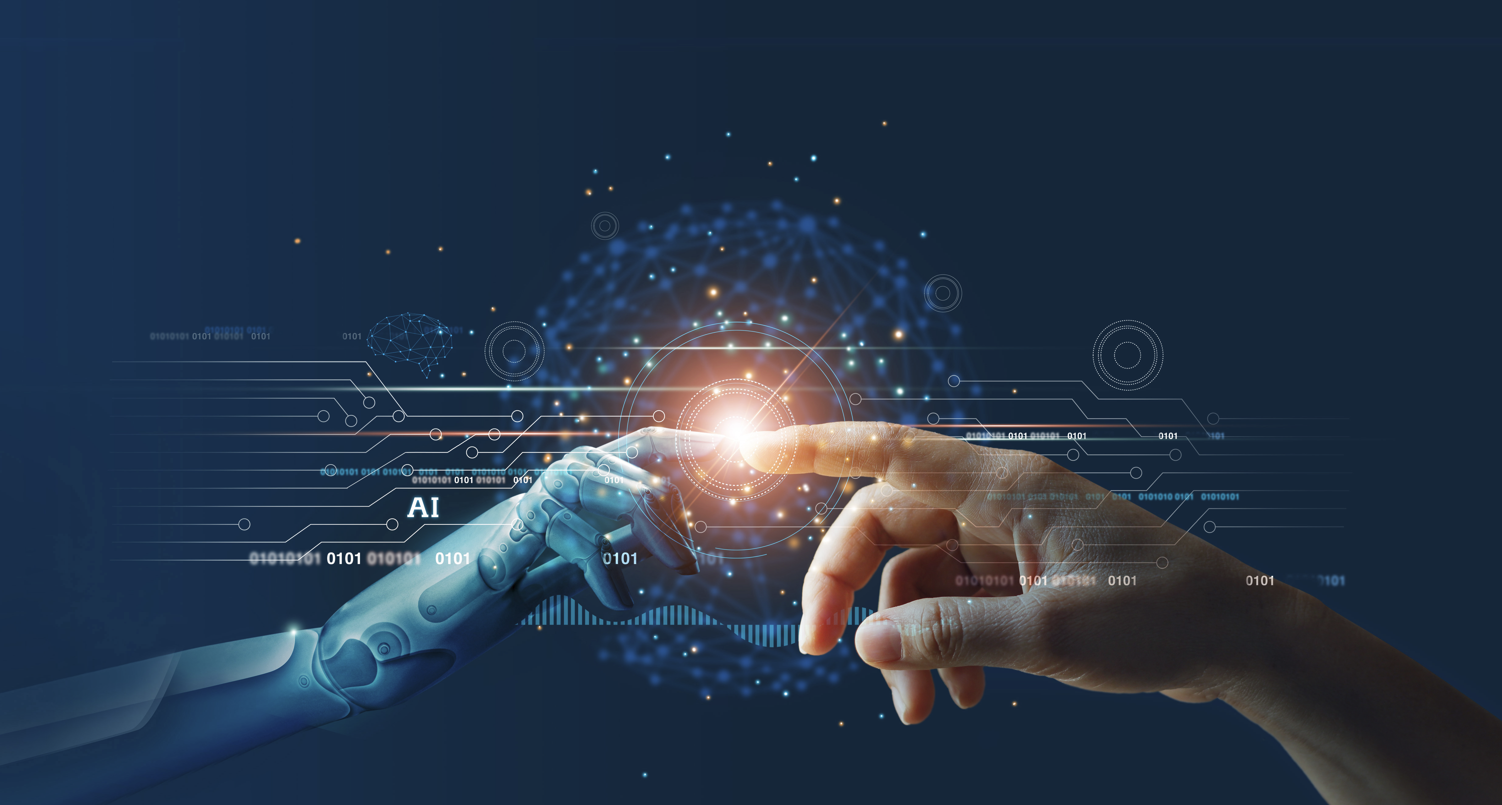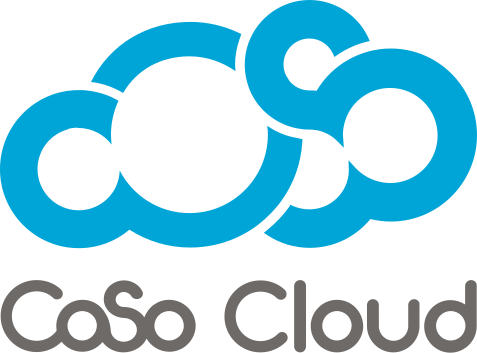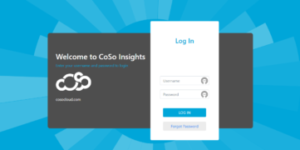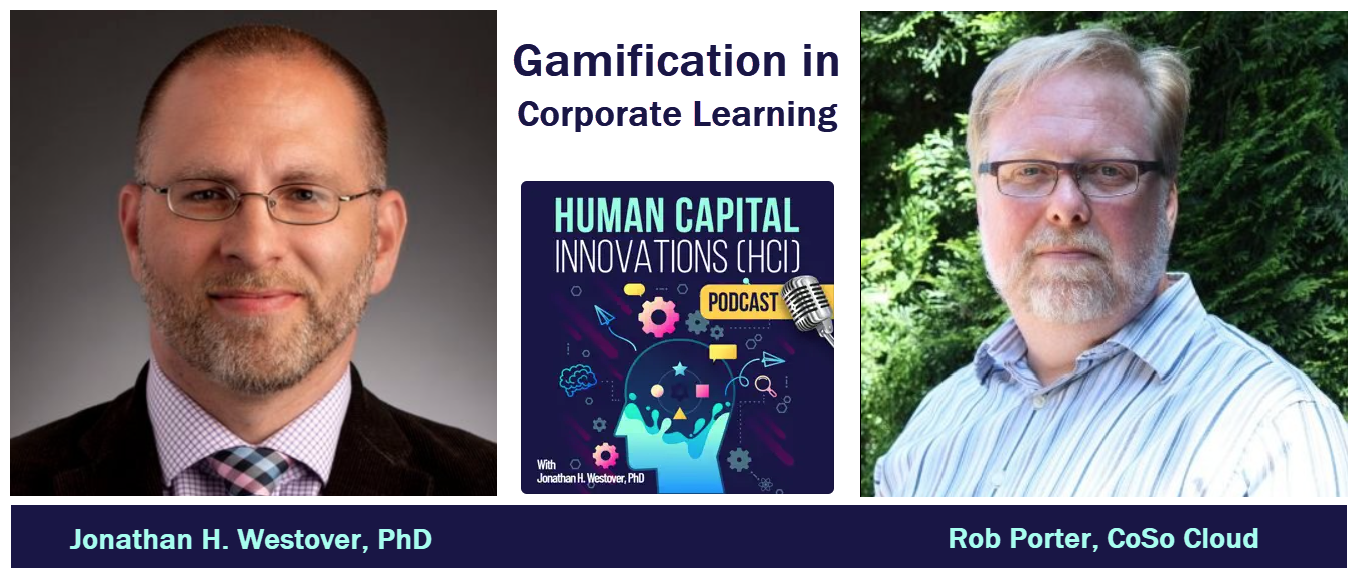
Leveraging Learning Analytics and AI in Global Organizations: Personalized Learning for Enhanced Employee Development
March 27, 2024
In today’s rapidly evolving business landscape, global organizations face the pressing challenge of ensuring their workforce is equipped with the necessary skills and knowledge to stay competitive. Traditional, one-size-fits-all training approaches are becoming obsolete as employees increasingly expect personalized learning experiences tailored to their needs and career aspirations. In response to this demand, forward-thinking organizations are turning to advanced technologies such as learning analytics and artificial intelligence (AI) to revolutionize their learning and development strategies.
Learning analytics involves collecting, analyzing, and interpreting data related to learning activities and outcomes. When coupled with AI capabilities, organizations can gain valuable insights into employee progress, preferences, and performance data, enabling them to provide personalized recommendations for learning content, courses, and development paths. By leveraging these technologies, global organizations can unlock many benefits, including improved employee engagement, enhanced skill development, and greater organizational agility.
One of the primary ways global organizations can utilize learning analytics and AI is by implementing learning platforms equipped with advanced capabilities. These platforms are centralized hubs for organizing and delivering learning content, providing sophisticated analytics tools to track and analyze employee learning data. By harnessing the power of AI, these platforms can identify patterns and trends in employee learning behavior, allowing organizations to tailor training programs to meet each individual’s unique needs and preferences.
For example, imagine a multinational corporation with employees across different regions and time zones. Through learning analytics and AI, the organization can track each employee’s progress in real-time, regardless of their location. By analyzing data such as completion rates, assessment scores, and time spent on various learning activities, the organization can identify areas where employees may be struggling or excelling. Based on this information, personalized recommendations can be generated, suggesting additional resources or courses to help employees overcome challenges or further develop their skills.
Moreover, learning platforms equipped with AI capabilities can dynamically adjust learning paths based on individual progress and performance. For instance, if an employee demonstrates mastery of specific skills beforehand, the platform can recommend more advanced courses or learning opportunities to help them continue their professional development. Conversely, if an employee struggles to grasp certain concepts, the platform can provide targeted remedial resources or adaptive learning modules to address their needs.
Furthermore, AI-powered chatbots and virtual assistants can enhance the learning experience by providing on-demand support and guidance to employees. These intelligent agents can answer questions, offer personalized recommendations, and facilitate peer-to-peer collaboration, creating a more interactive and engaging learning environment. Additionally, by analyzing interactions with chatbots and virtual assistants, organizations can gain insights into common learning challenges and areas where additional support may be needed.
Learning analytics and AI can provide personalized learning recommendations and help organizations measure the effectiveness of their training programs. By tracking key performance indicators such as skill acquisition, knowledge retention, and on-the-job performance, organizations can assess their learning initiatives’ impact and identify areas for improvement. This data-driven approach enables organizations to make informed decisions about resource allocation, content development, and training delivery methods, ultimately driving better business outcomes.
However, while the potential benefits of leveraging learning analytics and AI are substantial, global organizations must also be mindful of possible challenges and considerations. Privacy and data security are paramount when collecting and analyzing sensitive employee data, particularly in the context of GDPR and other data protection regulations. Organizations must ensure proper safeguards to protect employee privacy and confidentiality while still extracting valuable insights from learning analytics.
Furthermore, the success of AI-powered learning initiatives hinges on the quality and relevance of the underlying data. Therefore, organizations must invest in robust data governance practices to ensure their learning data’s accuracy, completeness, and integrity. This may involve integrating data from various sources, such as learning management systems, performance management tools, and employee feedback surveys, to comprehensively view employee learning activities and outcomes.
In conclusion, learning analytics and AI can potentially revolutionize learning and development in global organizations by enabling personalized, data-driven approaches to employee development. Organizations can track employee progress, preferences, and performance data by implementing learning platforms equipped with advanced analytics and AI capabilities to provide tailored learning recommendations and dynamically adjust learning paths. Moreover, these technologies can help organizations measure the effectiveness of their training programs and make data-driven decisions to drive better business outcomes. However, organizations must also address privacy, data security, and data governance considerations to ensure the ethical and responsible use of learning analytics and AI in employee development.











